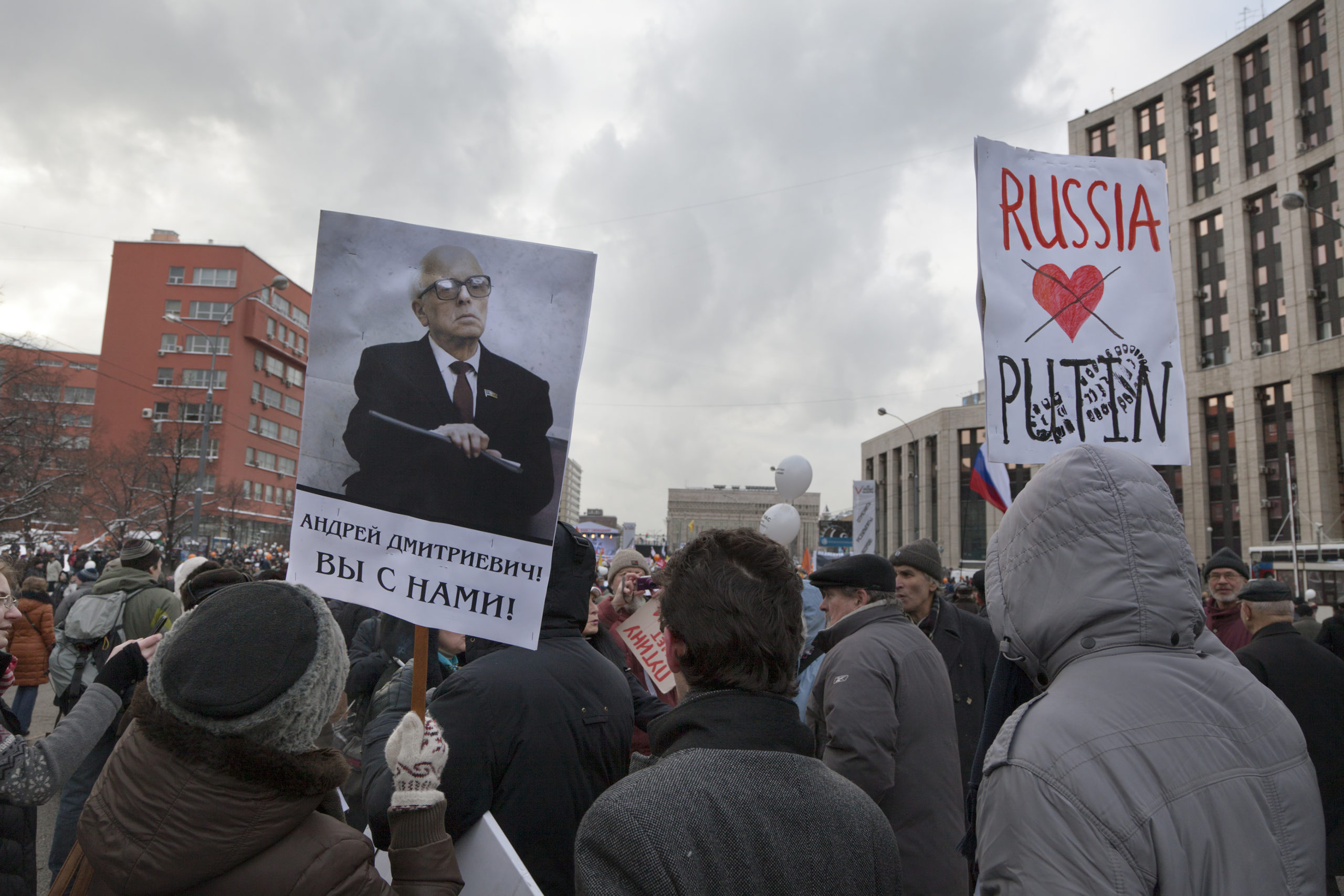Authors: Natalia Arno, Natalya Lunde, Olga Khvostunova
Free Russia Foundation (FRF) is proud to have supported the production of the 2022 Civil Society Organization Sustainability (CSOS) Index for Russia released earlier this week.
Since 1997, the Index or CSOSI reports annually on the strength and overall viability of civil society sectors. By analyzing seven dimensions that are critical to sectoral sustainability, the Index highlights both strengths and constraints in CSO development. The Index allows for comparisons both across countries and over time.
The assessment conducted by a panel of prominent Russia civil society experts coordinated by FRF as part of this effort, has concluded that the overall CSO sustainability deteriorated significantly in 2022, with notable declines in all dimensions of sustainability. New repressive laws and toughening of existing ones further constrained the sector’s legal environment. Organizational capacity diminished as mass emigration led to staffing cuts, while the flight of international businesses and sanctions caused technological disruptions and foreign funding cuts, which affected financial viability. Advocacy opportunities and service provision narrowed, especially for independent CSOs, due to the government’s prioritization of war‑related activities. Sectoral infrastructure suffered as the availability of support services declined. The Russian government’s increased stigmatization of foreign‑funded CSOs had a negative effect on the entire sector’s public image.
Despite the unprecedented circumstances and difficulties, independent Russian civil society showed remarkable resilience and agility. Hundreds of CSO activists and many independent CSOs relocated to other countries and resumed operations serving in‑country beneficiaries. Some in‑country CSOs managed to adapt and meet the growing demand for humanitarian assistance. Russian CSOs also proved they can do more work with fewer resources, partially offsetting the deterioration’s effects.





